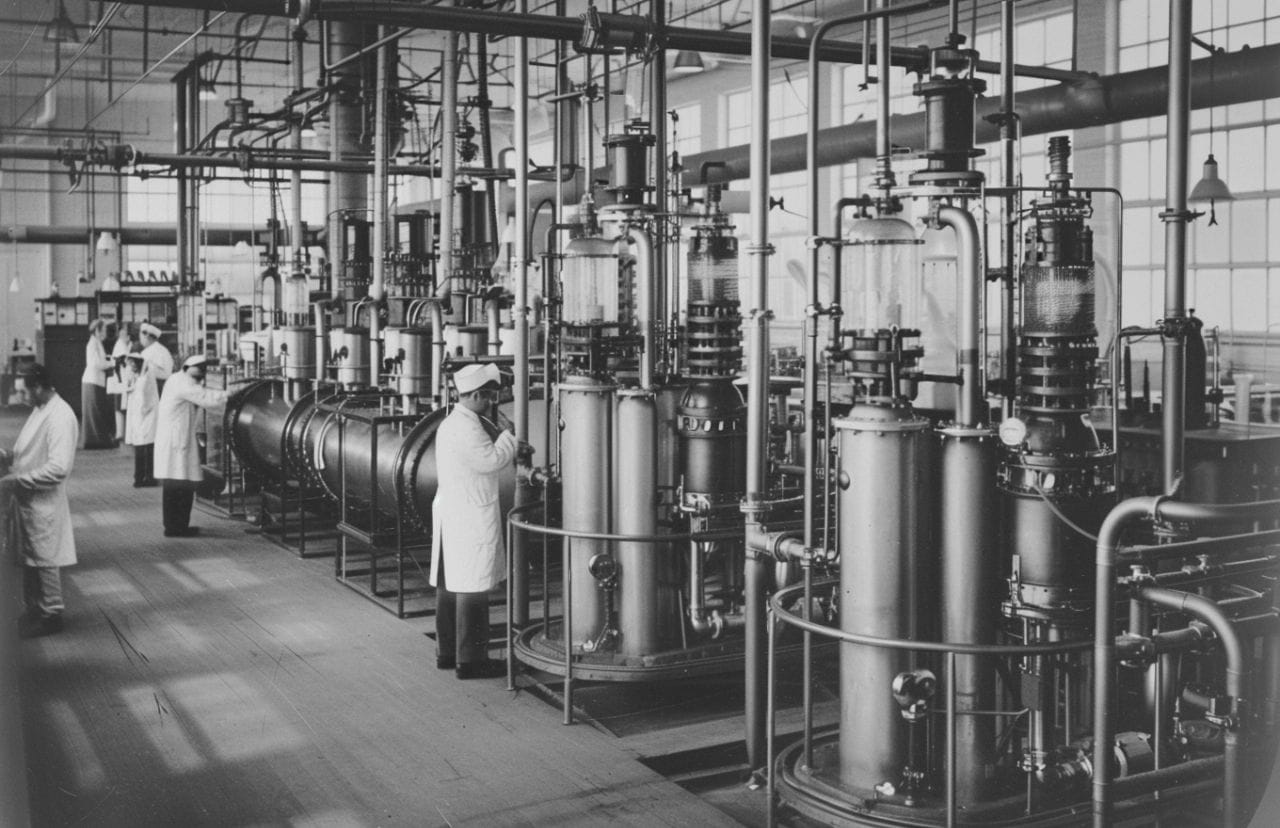Hey there! Let’s dive into an intriguing topic today – the impact of AI (Artificial Intelligence) on the chemical engineering industry. Now, I know what you’re probably thinking, “AI and chemicals? That sounds like a sci-fi movie plot!” But bear with me, because this is not only real; it’s revolutionizing the way we approach chemical engineering.
So, what’s the big deal about AI in chemical engineering?
Well, imagine having a super-smart assistant that could predict the outcome of complex chemical reactions, optimize manufacturing processes, and even discover new materials. Sounds pretty cool, right? That’s exactly what AI is doing in the chemical engineering world. Let’s break it down:
- Predictive analysis: AI algorithms can predict the outcomes of chemical reactions with astonishing accuracy. This means less trial and error, saving time and resources. Have you ever thought about how much waste and expense could be reduced if we knew exactly how a new drug or material would behave before even making it? Well, AI is making that possible.
- Process optimization: Chemical manufacturing processes can be incredibly complex. AI helps by analyzing data in real-time to optimize these processes. This can lead to more efficient use of energy and raw materials, and who doesn’t want that? It’s like having a navigator who always knows the best route in a congested city.
- Material discovery: This is where it gets really exciting. AI can help discover new materials much faster than traditional methods. Imagine finding the next super-material that could change the game in renewable energy or electronics. AI is on the case, speeding up the discovery process by analyzing vast datasets to predict new material properties.
But it’s not all sunshine and rainbows, is it?
Like any technology, AI has its challenges in the chemical engineering industry. Data quality, model accuracy, and integrating AI into existing processes can be tricky. But here’s the thing – the industry is tackling these problems head-on with innovative solutions. Think about improved data collection methods, advancements in AI algorithms, and fostering a culture of continuous learning and adaptation among engineers.
Why should we care?
Because this is about more than just making cooler gadgets or more efficient processes. It’s about sustainability, reducing waste, improving safety, and even tackling global challenges like climate change. By making chemical engineering more efficient and innovative, AI is helping us build a better future.
Embracing a forward-thinking mindset
The key to unlocking the full potential of AI in chemical engineering lies in growth, development, and a forward-thinking mindset. Here’s how we can embrace this change:
- Continuous learning: Staying updated with AI advancements and understanding how they can be applied in chemical engineering.
- Collaboration: Combining the expertise of chemical engineers with data scientists to create interdisciplinary teams that can tackle complex problems.
- Innovation: Encouraging a culture of innovation that’s open to experimenting with AI technologies, even if it means facing failures along the way.
Do you want to continue all their great work and be a part of our amazing team? Are you looking for a career in chemicals, food, or life sciences? Check Our Work. Can’t find the right vacancy? Let us know! We have more to offer. Follow our LinkedIn company page!

